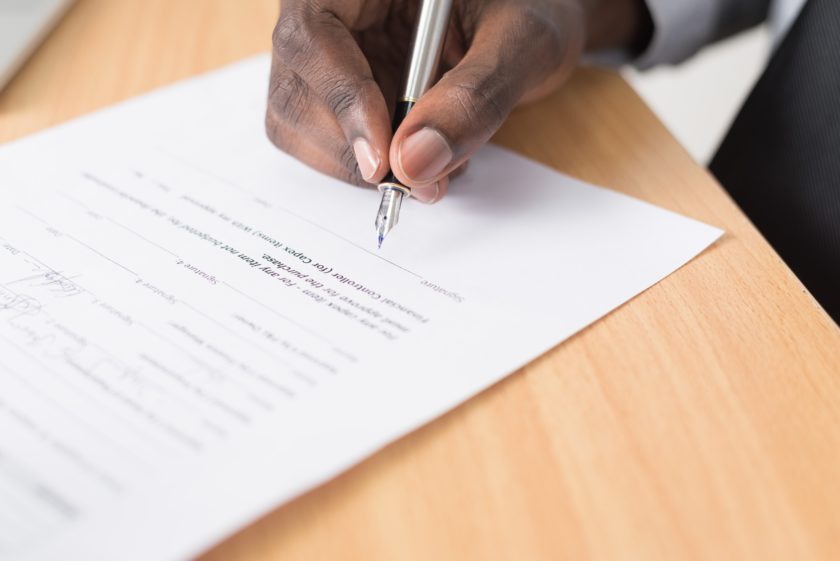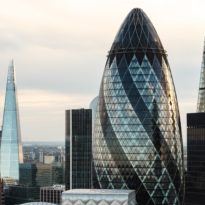Gerry Brown, consultant with QB Partners, considers the duties of a trustee in todays financial services market an conclude it is not a position to be taken on lightly.
The recent controversy surrounding items purportedly missing from the British Museum (structured as a public trust) has thrown a spotlight on the duties of trustees. The assets held by the British Museum will be physical in nature – objects of an artistic, cultural, scientific or heritage nature. The beneficiaries are the general public.
In contrast the assets dealt with by the trustees of the types of trust usually under the advice of a financial adviser (assisted by a paraplanner) will be financial in nature although some might hold property. The beneficiaries will usually be members of the settlor’s extended family.
The duties of trustees are based on common sense.
The trustees must read and understand the trust deed. If there are elements of the deed that they do not understand, they must get the appropriate level of legal advice.
The trust deed sets out the powers and duties the settlor has given to the trustees. These powers will be “dispositive” (how, and in what circumstances, the trustees are to distribute trust income and/or capital) and “administrative” (how the trust is to be “run”).
Trustees should check and understand the interests of beneficiaries as set out in the trust deed. The trustees must act solely in the interest of the beneficiaries. Beneficiaries should be told of their rights under the terms of the trust but this principle is not thought to extend to ‘remote’ potential beneficiaries of a discretionary trust. Where the position is unclear the trustees should take legal advice.
The trust deed will set out a mechanism for the appointment and retirement of trustees and the formalities for such appointments and retirements must be adhered to.
One of the fundamental duties of trustees is to ‘look after’ the trust assets (the trust fund) for the beneficiaries. The trustees must be certain that they have been validly appointed. They must also ensure that they are legal owners of all the trust assets. The trustees’ names must appear on ‘documents of title’;
– share certificates (or an electronic holding with the company registrar)
– land registry certificates for properties
– policy schedules for life assurance policies
The trustees must manage the assets as necessary. They must ensure that the trust fund is invested. It is a basic duty of trustees to invest the trust fund so that the beneficiaries’ interests (whether in terms of income or capital appreciation) are enhanced. The duty of the trustees in relation to investment is to use their powers in the best interests of current and future beneficiaries.
A trustee must not place him/herself in a position in which his/her duties as a trustee conflicts with private interests. A trustee must not make any profit from their position. Professional trustees may however charge for their services when permitted to do so by the trust deed.
Trustees must be able to explain their actions to beneficiaries. A beneficiary has a right to require that trustees provide sufficient information to enable that beneficiary to determine whether or not the trust is being correctly administered. To that end a record of trust income and expenses must be kept,
- to pass information to beneficiaries
- to complete the trust tax return, and
- to help beneficiaries comply with their tax obligations
- To assist the trustees monitor the financial performance of the trust assets
Responsibility for compliance with the requirements of the Trust Registration Service (TRS) lies with the trustees.
The role of trustee can be an onerous one and is not one that should be taken on without careful consideration of the implications.




























